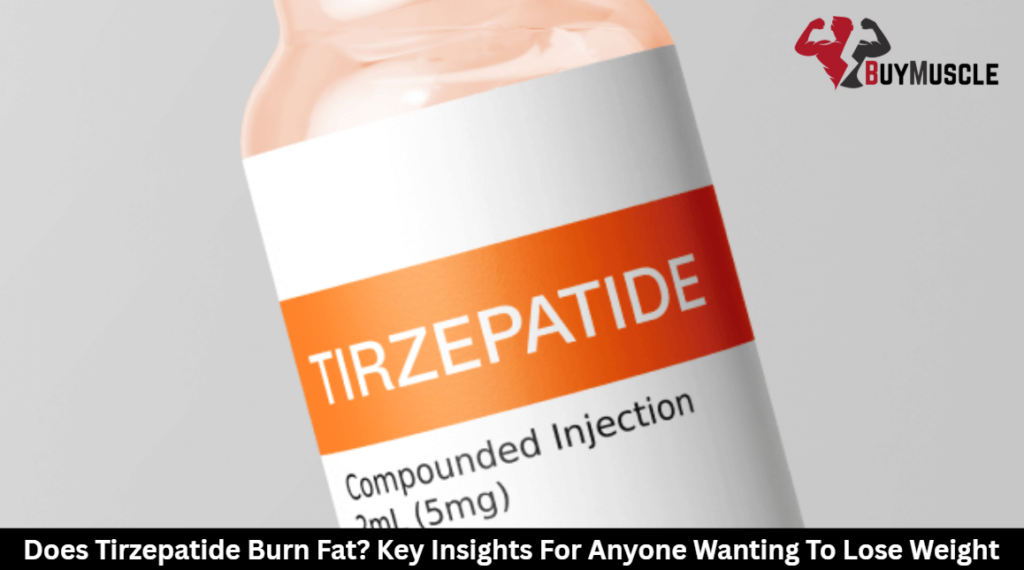Does Tirzepatide Burn Fat? Key Insights For Anyone Wanting To Lose Weight
Yes, tirzepatide is a very good way to burn fat. It works on both lowering appetite and speeding up fat metabolism because it is a dual GLP-1 and GIP receptor agonist. Clinical trials show that people lost 15–20% of their body weight, with over 86% of that coming from fat tissue, especially visceral fat, which […]
Does Tirzepatide Burn Fat? Key Insights For Anyone Wanting To Lose Weight Read More »







